The anti-judicial reform demonstrations in Israel have lasted for more than two months. The demonstrators blocking the road in Tel Aviv, which faces the Mediterranean Sea, were even dispersed by the police last week with flashbangs and water cannons.
Prime Minister Benjamin Netanyahu, who worked with the far right to regain power, dismissed the demonstrators as thugs and anarchists and seemed undeterred.
37 of the 40 reservists of the 69th Squadron of the Israeli Air Force stated on Sunday (March 5) that they would not participate in the military training scheduled for this week "for the sake of democracy and the unity of the people"; last Friday (March 3) ) and dozens of senior pilots expressed deep concern to the Israeli Air Force about their continued military service under a far-right government.
IDF chief of staff Herzi Halevi reportedly warned Netanyahu, "I am very concerned that the refusal to serve and the discussion of the refusal will spread widely, and now this may damage the operational capabilities of the IDF."
The 69th Squadron of the Air Force has played an important role in Israel's military operations over the years. In 2007, it was responsible for attacking a nuclear reactor in Syria. In the past ten years, it has also carried out hundreds of attack missions against Iranian armed forces in Syria.
Other elite teams are also likely to join the ranks of boycotting the government.
According to Israeli media reports, the "8200 Group", which is responsible for secret operations and various intelligence work, has reserve personnel who have notified their superiors through WhatsApp that they will not participate in the training.
There are also fears that such reservist boycotts will spread to active-duty troops.
In addition, local media also reported on Sunday that EL AL had no pilot willing to fly the flight carrying Netanyahu to Italy on Thursday (March 9).
Although the turmoil of the incident has been resolved for several hours, it also reflects the resistance of Israel's secular elite to Netanyahu's judicial reform.
Anti-judicial reform demonstrations in Tel Aviv on March 4.
(Reuters)
Judicial reform is just one part of Netanyahu's latest far-right turn.
Congressional "dictatorship" conspiracy?
At the beginning of the founding of Israel in 1948, secularized Jews and ultra-orthodox Jews had different positions on the Jewish state regime. In the end, various factions in Israel failed to reach a consensus on a constitution. There was no written constitution, and only family affairs were left to Judaism. According to the court, each Jewish denomination has independent control over its own education, and public life is also mixed with different elements of Judaism.
However, Israel's political system, which has no constitution and adopts a unicameral parliament, leaves a gap in the checks and balances of parliamentary power.
In the first 40 years after the founding of the country, the Congress has been passing the so-called "basic laws" (basic laws) to regulate the state system and the basic rights of the people, etc., to make up for the lack of constitutional control in a nominal way.
However, in the 1990s, the Israeli Supreme Court suddenly "seized power" and regarded the basic laws as the constitution, giving itself the final right to interpret, and using this as a basis to overturn the legislation of the Israeli parliament. Some of these cases also involved the Palestinians. rights and interests.
The control of the Supreme Court, of course, constitutes an obstacle to the right wing who advocates the suppression of the Palestinians.
As Israel has evolved from a stable left-wing power at the beginning of the founding of the country to a situation in which more than 60% of Israelis consider themselves right-wing today, the Supreme Court has become a symbol of anti-democratic, anti-religious, and left-wing secular elites in the eyes of some right-wingers.
The opportunity to weaken the Supreme Court came when Netanyahu returned to power with far-right support in last year's election.
On March 5, Netanyahu chaired a cabinet meeting.
(Reuters)
Judicial reforms proposed by Netanyahu's government would put the power of judge appointments in the government's hands, prohibit the Supreme Court from overturning any "fundamental laws", raise the bar for courts to overturn legislation in Congress, and give Congress a simple majority to veto the Supreme Court. power to judge.
Such changes will not only expand the power of Congress without restraint, but also cause conflicts of interest-Netanyahu himself is facing three corruption charges, and some of his right-wing allies have been punished by justice official.
These judicial reforms, although endorsed by Netanyahu and supported by his far-right allies, have drawn opposition from most Israeli citizens.
According to a February poll by the Israel Democracy Institute, 66% of Israelis believe that the Supreme Court should have the power to overrule legislation, and 63% believe that the power to appoint judges should remain the same.
Among them, nearly half of the supporters of Netanyahu's traditional right-wing Likud party (Likud) also opposed the administration's judicial reform.
Although many people believe that the constitutional framework after the Supreme Court's "seizure of power" in the 1990s needs reform, as many as 70% of Israelis believe that this should be carried out by the government and the opposition in cooperation, not by Netanyahu alone The government is in charge.
Such is the sentiment that Israel's ceremonial president, Isaac Herzog, has expressed fears that Israel will fall into "constitutional and social collapse", noting that the existing reform program raises "deep concerns" about the foundations of Israel's democracy, calling on all parties Judicial reform is pursued through compromise.
The people demonstrating on the streets are not limited to the marginalized left.
Those who publicly criticized the reform included many leaders of Israeli technology companies and former central bank governors.
Some start-ups have even stated that they will not invest the funds raised in Israel until the political instability in Israel is resolved.
On March 1, a demonstration in Tel Aviv blocked roads.
In recent years, Israel has developed into the world's leading "start-up country", with technology output accounting for more than 50% of exports and employing about 10% of the country's employees.
Many analysts believe that the judicial reform that allows Congress to dominate will hit the development of its technology industry.
(Reuters)
The continuous large-scale demonstrations can be regarded as the most explicit denial of Netanyahu, who has just returned to the DPRK for just two months.
Escalating Israeli-Palestinian Violence
The far-right joined the government, and in addition to targeting the Supreme Court's jurisdiction, it has intensified its suppression of the Palestinians, creating a tension that has not been seen in Israel and Palestine for many years.
According to figures from the United Nations Office for the Coordination of Humanitarian Affairs (OCHA), from January 1 to February 27 this year, 63 Palestinians and 13 Israelis plus 1 Israeli soldier were killed, more than 2,000 Palestinians and at least 25 Israelis were wounded.
OCHA's situation update as of March 4 noted the continued "daily violence" in the West Bank between Palestinians, Israeli settlers and the Israeli army.
Among them, the Israeli army's operation in the West Bank city of Nablus (Nablus) on February 22 caused 10 deaths and 453 injuries.
Netanyahu's government started the process of legalizing nine West Bank Jewish settlements in mid-February in retaliation for a terrorist attack on a synagogue in late January that killed seven people.
Since the latter was originally the response of the Palestinian perpetrators to the deadly actions of the Israeli army in the West Bank earlier, the Israeli-Palestinian conflict seems to have entered a vicious cycle of continuous retaliatory escalation between the two sides.
On February 26, with the participation of the United States, Jordan and Egypt, the leaders of the Israeli and Palestinian security agencies met in Jordan and reached a consensus to ease the tension. Point 4 months.
However, on the day of the peace talks between the two sides, a Palestinian gunman shot and killed two Israelis. Later on the same day, hundreds of Jewish settlers launched a large-scale riot in the town of Huwara (Huwara), setting fires everywhere, and attacking local Palestinians and their properties. 1 death and 9 injuries were caused, at least 37 residences were damaged, 8 commercial sites were burned, and 55 vehicles were lost.
During this period, the Israeli police were even accused of letting Jewish mobs go unnoticed.
Some Israeli commentators compared the incident to the "Night of Broken Glass" (Kristallnacht) in November 1938, when German Nazis and SS attacked Jews across the country.
During this period, Bezalel Smotrich, the finance minister who is also in charge of Jewish settlements in the West Bank and one of Netanyahu's far-right allies, even said that Israel would retaliate "with tanks and helicopters without mercy" and "razed the town of Huwara to the ground." , attracted rare and severe criticism from the US State Department, and finally had to retract his remarks.
However, as the emerging Palestinian armed forces are becoming less and less controlled by the self-government or Hamas, the continued high-handed policy of the Israeli extreme right government will only bring about more serious Israeli-Palestinian violence.
Can the two anti-Israeli government forces converge?
The anti-judicial reform demonstrations happened at the same time as the escalation of the Israeli-Palestinian conflict in the West Bank. Both were also caused by the extreme right forces in the Israeli government and Netanyahu, who relies on the extreme right to exercise power.
Some observers have wondered whether the liberal elite in Israel will unite with the Palestinians who have suffered for decades to form a united front against the Netanyahu government?
After the Jewish settler riots in the town of Huwala, demonstrations against settler atrocities did appear in Tel Aviv in the past few days. Among them, some anti-judicial reform demonstrators held up the slogan "Huwala Today, Israel Tomorrow", which means If Israel's judicial reforms allow "majority violence" to be unchecked by Congress, the people of Israel will end up like the Palestinians in Huwala.
Far-right Finance Minister Bezalel Smotrich at a cabinet meeting on February 23.
(Reuters)
However, it is not optimistic whether the two anti-government forces can merge.
The elites in Tel Aviv facing the Mediterranean Sea face the world, often ignoring the suffering of the Palestinians tens of kilometers away from the coast, and holding the mentality that it has nothing to do with them.
Some anti-judicial reform demonstrators interviewed said that although they deeply sympathized with the Palestinians, they believed that anti-judicial reform demonstrations should not lose focus.
This time even the soldiers have joined the "democratic struggle" against judicial reform, which has indeed shaken the unity of the Israeli people.
In the past, national security was often what brought Israeli people with different positions and backgrounds together.
Netanyahu's judicial reform has torn apart this unity.
However, with the emergence of new threats, Netanyahu may still rely on national security issues to regain popular support.
On March 5, Netanyahu refuted the statement made by Rafael Grossi, Director General of the International Atomic Energy Agency (IAEA), that "any military attack on a nuclear facility is illegal." A few days ago, it decided to allow the United Nations to monitor and investigate its nuclear program again. Israel also insisted that it will unilaterally use force to stop Iran from developing nuclear weapons.
At a time when the two major problems of judicial reform and the Israeli-Palestinian conflict continue to be troubled, we cannot rule out that Netanyahu, who is "besieged by the enemy", will use the means of "externalizing internal problems" to create a national security crisis to restore people's hearts.
What are the two major political threats Netanyahu is facing?
Anti-judicial reform demonstrations and the escalation of the Israeli-Palestinian conflict.
What is the content of Israel's judicial reform?
Judicial reform would put the power of judge appointments in the government's hands, prohibit the Supreme Court from overturning any "fundamental laws," raise the bar for courts to overturn Congressional legislation, and give Congress the power to veto such Supreme Court decisions by a simple majority.
IAEA: Iran agrees to reset surveillance equipment and open facilities to investigate Israeli civil anti-judicial reform sentiment rises Air Force reservists no show protests The West Bank implements the "Consecutive Sit Law" and the suspected drone attack on Iran and Israel ignites the flames of war in the Middle East?
What is left for the future of the Palestinians with the "most right" government in the history of the Israeli group?

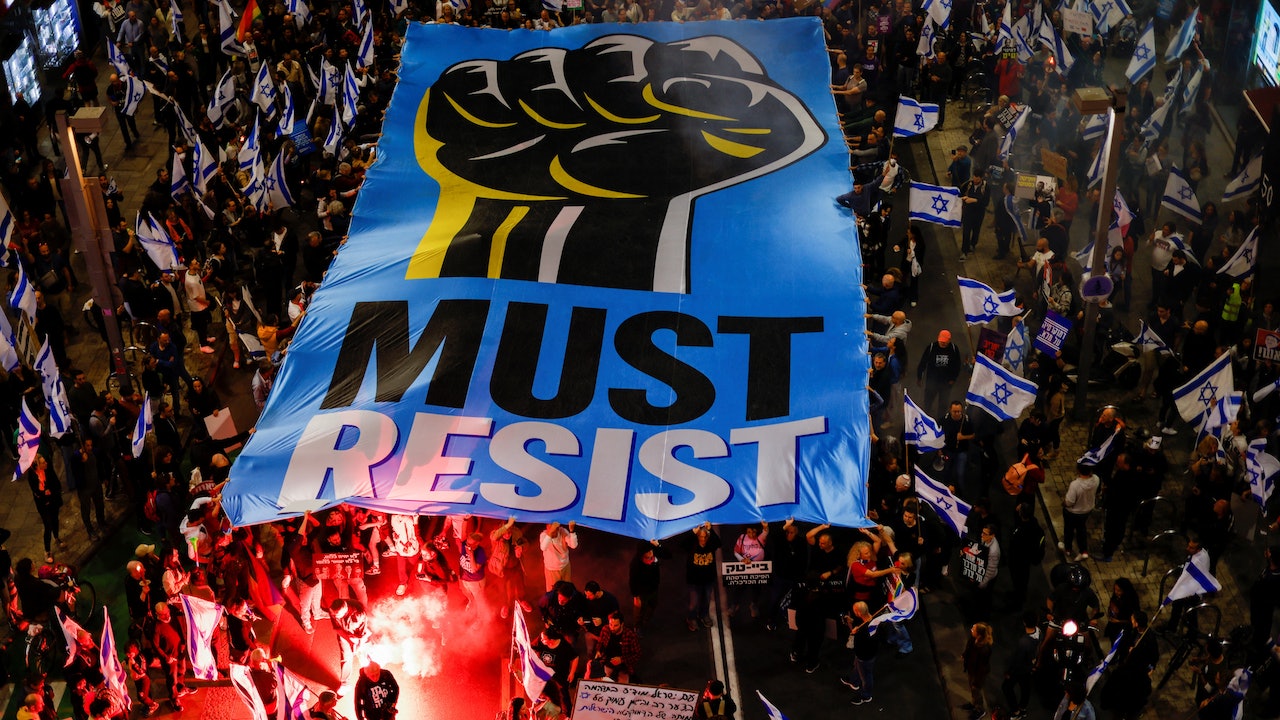
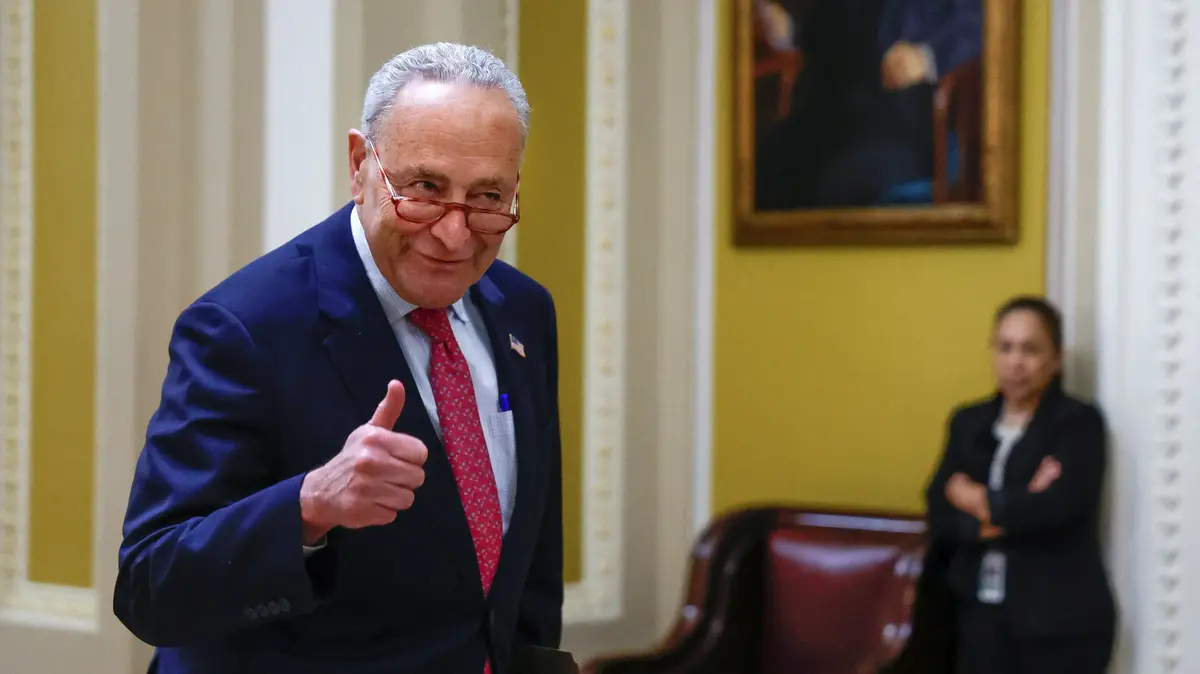
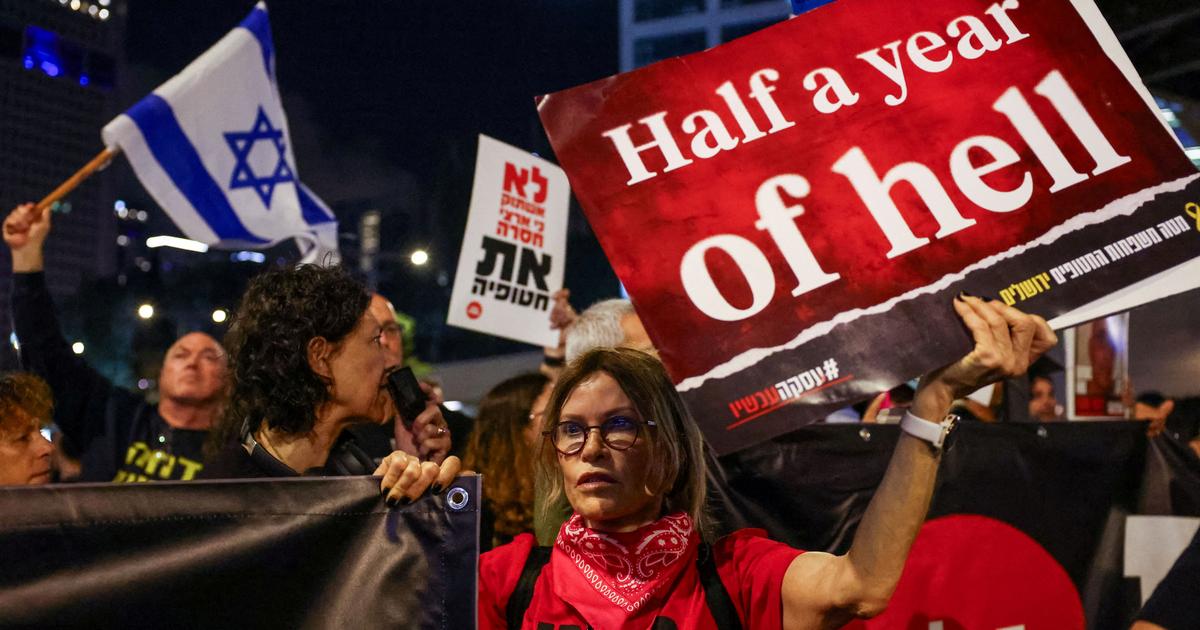

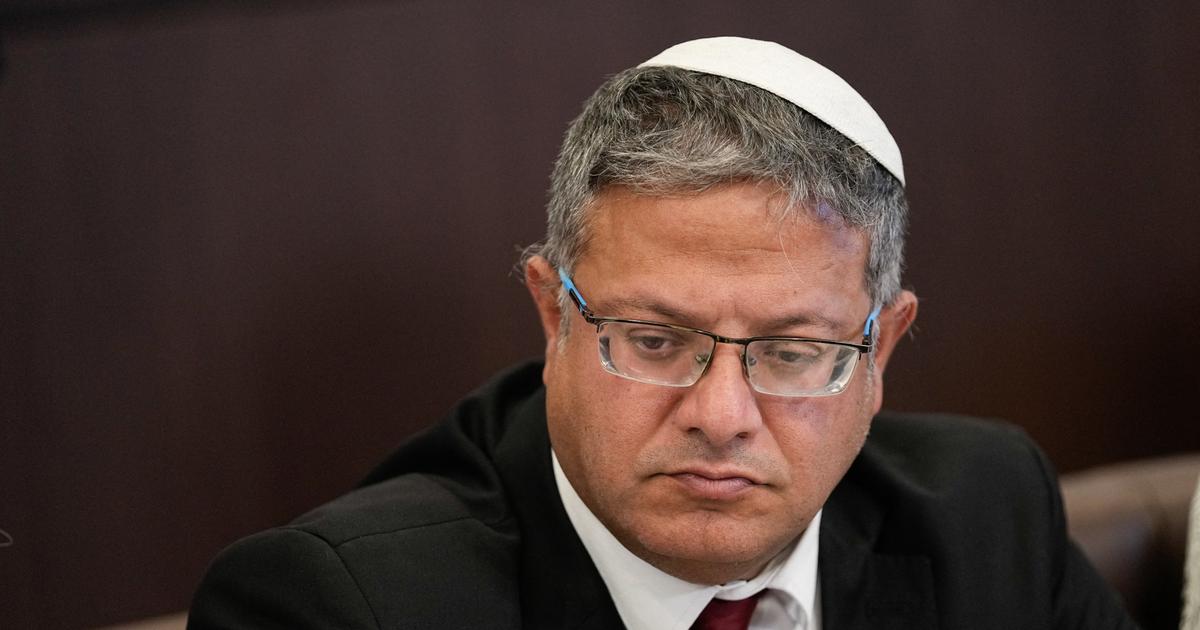


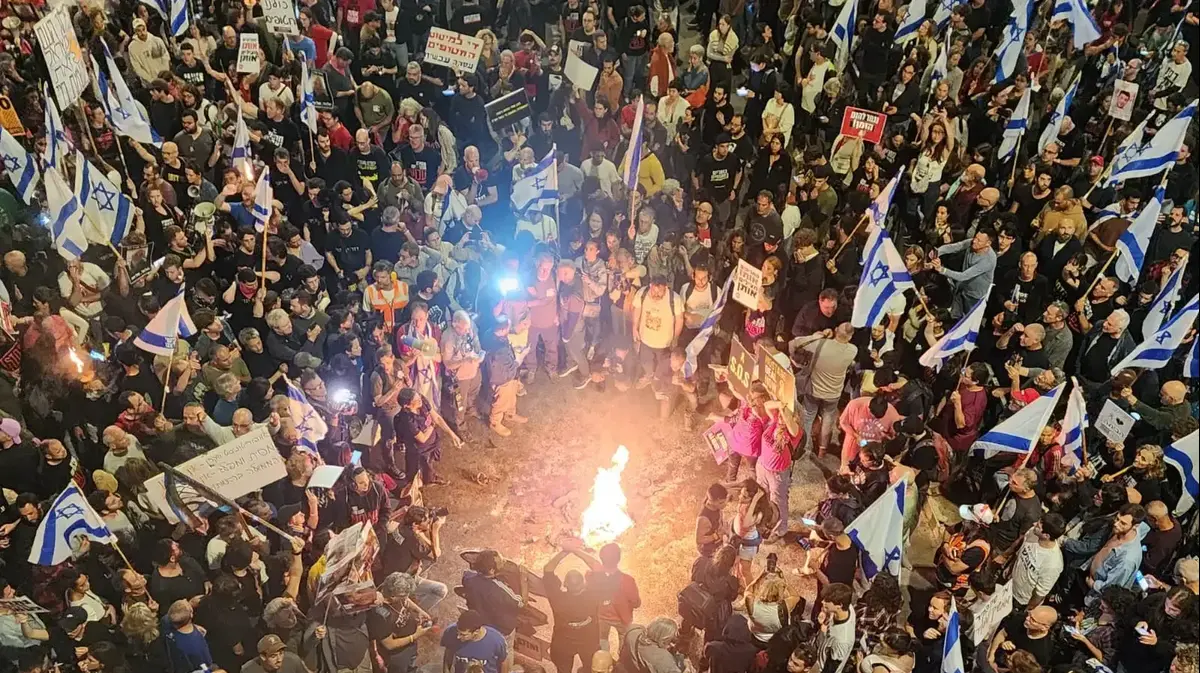
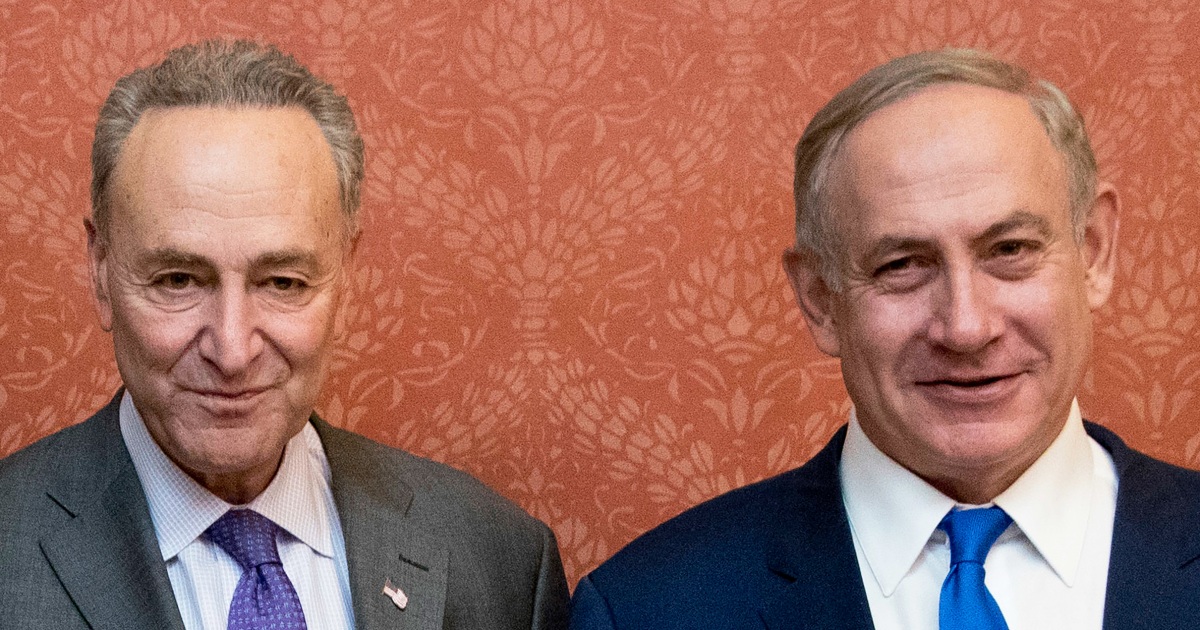
/cloudfront-eu-central-1.images.arcpublishing.com/prisa/2C5HI6YHNFHDLJSBNWHOIAS2AE.jpeg)




